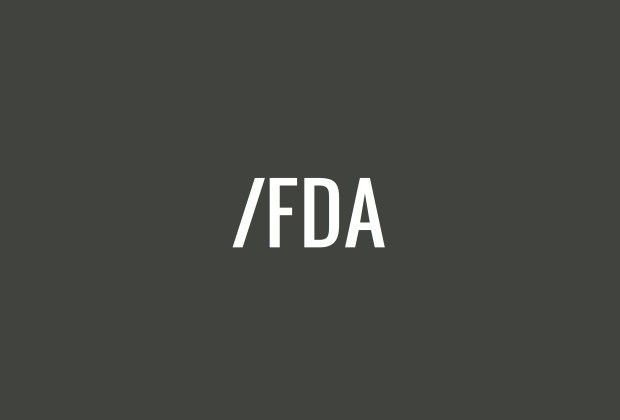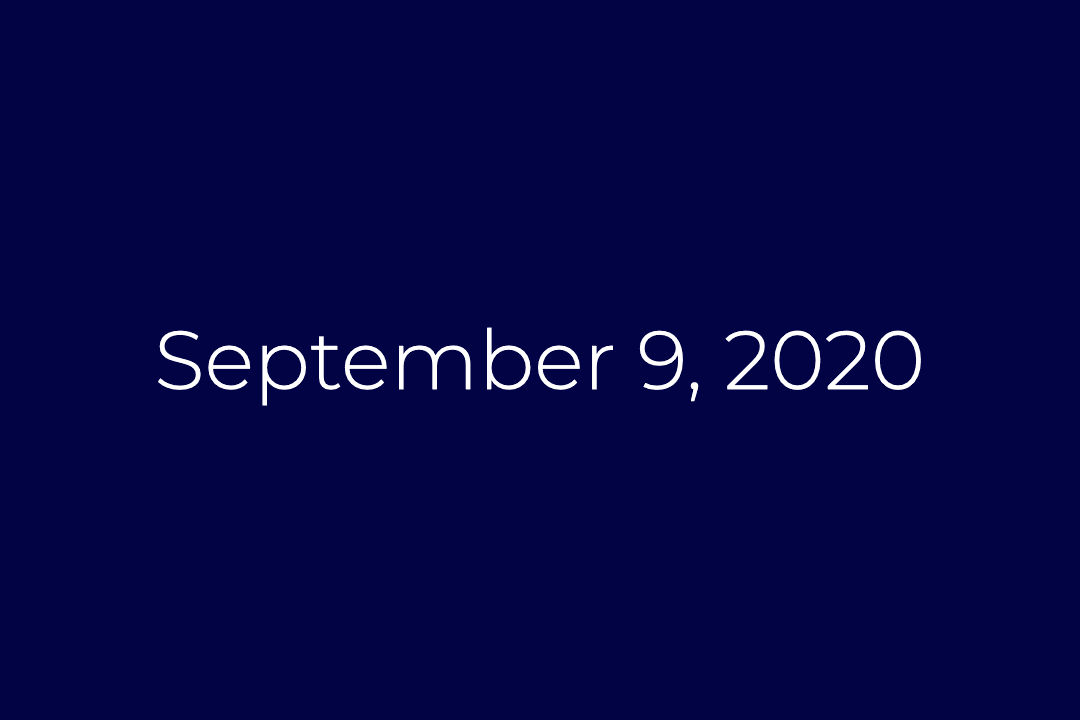Yesterday, the U.S. Food & Drug Administration (FDA) announced finalized rules for premarket product approval through substantial equivalence (SE) or the premarket tobacco product applications (PMTA) pathways; only none of those rules will apply to “premium cigars,” at least not yet.
All tobacco companies were required to submit applications to FDA by Sept. 9, 2020 in order to keep their current products—except for “premium cigars”—on the market. Those companies are allowed to keep their current products on the market while FDA reviews the applications.
For cigars that were marketed prior to Feb. 15, 2007, the process is quite easy. Those products are grandfathered and primarily just needed to provide evidence that they were being sold prior to that date.
Any products released after Feb. 15, 2007 but before Aug. 8, 2016 are required to apply for premarket approval in order to reman legally available in the U.S. market through one of two pathways: premarket product approval through substantial equivalence (SE) or the premarket tobacco product applications (PMTA).
FDA has previously stated that it does not believe that any cigar—premium or otherwise—would apply under the much more intensive PMTA pathway. Most will apply under substantial equivalence, a process by which a company argues that their product is similar to an already approved or grandfathered product. To do this, the companies are required to produce reports that include things ranging from basic data about sizes to detailed documents like environmental impact studies.
For most cigar companies, yesterday’s news isn’t immediately relevant as FDA has suspended these premarket approval requirements for “premium cigars” due to the ongoing legal challenges filed by the cigar industry in Cigar Association of America et al. v. United States Food and Drug Administration et al. This means no “premium cigars” needed to apply for SE, though some companies have submitted applications for a variety of reasons.
The major change for “premium cigars” is that FDA codified a definition it previously proposed, a move that could be a useful win for the cigar industry or end up being largely symbolic.
By codifying a definition of “premium cigar,” FDA has formally defined what it believes to be a premium cigar into federal regulations. However, due to a complicated legal process, the only reason why the definition was codified was because FDA needed to make it clear that yesterday’s rule changes wouldn’t apply to those products, at least not yet.
In August, the Department of Justice—on behalf of FDA—asked two federal courts to allow it to delay the premarket product approval enforcement for “premium cigars,” while it further studied whether the agency should create a separate product approval pathway for “premium cigars,” one that likely would be less restrictive. The courts approved the plan, meaning that FDA’s premarket approval restrictions—which went into effect on Sept. 8, 2020—would apply to all cigars except those deemed “premium cigars” as defined in a definition FDA proposed.
That definition—the same one it proposed to the court—defines a “premium cigar” as one that meets all of the following criteria:
- is wrapped in whole tobacco leaf;
- contains a 100 percent leaf tobacco binder;
- contains at least 50 percent (of the filler by weight) long filler tobacco (i.e., whole tobacco leaves that run the length of the cigar);
- is handmade or hand rolled (i.e., no machinery was used apart from simple tools, such as scissors to cut the tobacco prior to rolling);
- has no filter, nontobacco tip, or nontobacco mouthpiece;
- does not have a characterizing flavor other than tobacco;
- contains only tobacco, water, and vegetable gum with no other ingredients or additives;
- and weighs more than 6 pounds per 1,000 units.
This is a definition that would be met by most cigars sold in humidors today with the exception of flavored or infused cigars.
While the courts approved the definition and FDA had acknowledged the “premium cigar” definition publicly, it had never been formally placed into regulatory code, something that will change with yesterday’s announcement.
However, the codification is simply to acknowledge that the rules finalized yesterday don’t apply to “premium cigars” currently and won’t apply to “premium cigars” until FDA finishes its formal review, something it says it intends to begin, though no timeframe was given. Because of the legal battle, FDA would need the court’s approval that it has gone through the review process—something that isn’t explicitly defined—before it applied SE requirements for “premium cigars.”
While there is a very plausible scenario where this all ends up amounting to nothing—one where FDA completes its review and says, once again, that it intends to regulate all cigars the same way—this is a victory to a portion of the cigar industry.
Two of the three cigar trade groups—Cigar Rights of America and the Premium Cigar Association—have advocated for a definition of “premium cigars” similar to the one FDA approved. The Cigar Association of America had advocated for a broader definition, one that could have included flavored cigars that met other qualifications.
In the battle over defining what a “premium cigar” is to the federal government, this is another win, albeit one that seemed clinched in August once the DOJ proposed this definition.
However, FDA made no additional claims yesterday that it believes that “premium cigars” pose fewer health risks or aren’t marketed towards children in a lesser manner, something it has said in the past.
The cigar industry will use this codification to argue to both FDA and members of Congress that FDA has formally acknowledged that “premium cigars” are different given that it has created a definition for “premium cigars.” The larger question going forward is whether the industry will be successful in convincing FDA and others that “premium cigars” should be regulated differently.
That is something FDA said it is going to explore, albeit, something it is obligated to explore if it wants to apply even modified regulations for premium cigars:
As directed by the court in the Cigar Ass’n of Am. decision, FDA is further considering the comments submitted to the deeming rule docket that requested FDA create a streamlined SE process for “premium” cigars. Additionally, FDA intends to undertake a research effort specific to “premium” cigars (as defined in the preceding paragraph) and their health effects, patterns of use (such as frequency of use and usage patterns among underage persons), and other factors. The results of this research will inform the Agency’s regulatory policy with respect to premarket review of “premium” cigars.
The rule changes announced yesterday will only apply to new SE filings. Flavored cigars and other cigars that didn’t meet the definition of “premium cigars” already needed to apply by Sept. 9, 2020, meaning these changes won’t affect those applications.
Most notably, FDA has said that it will continue to require environmental assessments and harmful and potentially harmful constituents (HPHCs) reports for SE applications for cigars. Those two components are two of the most intensive parts of an SE filing. Environmental assessments, which take into account the conditions where the cigars are manufactured and the tobacco is grown, have already been required. The requirement for HPHC testing had been delayed as FDA worked to clarify the process.
It’s not entirely clear what HPHC testing for “premium cigars” might look like. Given that FDA is currently not requiring substantial equivalence for “premium cigars,” it’s unclear whether the agency has seriously considered whether there is an accurate protocol to determine HPHCs in premium cigars, something that many in the cigar industry claim does not exist.
In terms of good news, it appears FDA might allow for easier product quantity changes for cigars that are packaged in either cellophane or tubos within a box.
“We agree that changing the packaging of co-packaged tobacco products only results in a new tobacco product where such packaging is intended or reasonably expected to affect or alter the performance, composition, constituents, or characteristics of the tobacco product.”
The question remains whether FDA will consider the cellophane to be an example of “co-packaged tobacco products.” In other parts of the document, FDA indicated that it was not revising any changes to explicitly make product quantity changes easier to gain approval, nor was it willing to comment on product quantity change for premium cigars given the aforementioned legal delay.
There have been some people within the cigar industry who have expressed concern about the specificity of disclosures it would need to make about the tobacco used for a cigar. Previously, FDA had not required detailed disclosures and has announced that it will require even less information going forward.
“FDA has decided to remove the requirement in § 1107.19(c) that applicants provide information regarding the grade and variety of tobacco type in their SE Reports. FDA agrees with the comments that tobacco grading is not uniform throughout the industry, which reduces the utility of this information in application review.”
Instead, FDA has acknowledged that it will simply require the basic type of tobacco and the type of curing.
This means that the commonly used “dark” and “air-cured” descriptions should suffice for cigar companies.
All of this comes right before a Jan. 22 deadline for the cigar industry to submit filings over substantial equivalence in the next battle in the Cigar Association case.



